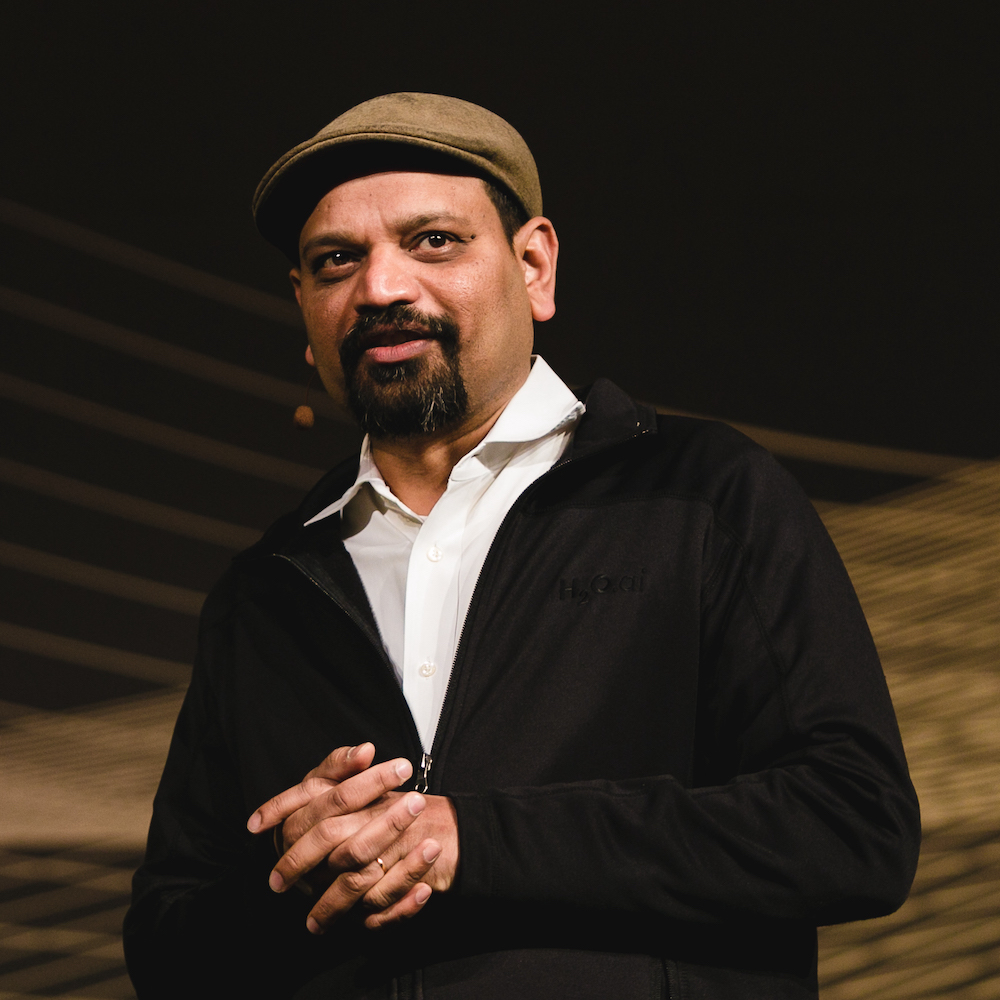
The recent Request for Comments (RFC) issued by the National Telecommunications and Information Administration (NTIA) on open-weight AI models has sparked an important conversation about the future of AI.
As we consider the potential benefits and risks associated with making AI model weights more accessible and transparent, it is clear that embracing open-source principles is the path forward for responsible innovation.
At H2O.ai, we recognize the pivotal role of open source in driving U.S. innovation and global tech leadership. Our commitment to responsible open source AI spans over a decade, positioning us at the forefront of this technological revolution. We firmly believe that embracing openness in AI not only leads to superior, safer products but also accelerates innovation and expands market opportunities.
By advocating for responsible open-source AI both domestically and internationally, we contribute to advancing U.S. economic interests, strengthening domestic policies, shaping foreign policy agendas, fostering international development, and bolstering national security. Our decade of experience in building AI/ML solutions underscores our dedication to making the benefits of AI accessible to all. We welcome the chance to share our insights and expertise for the betterment of the broader community.
Lessons from the Past
History has shown us time and again that open source development can drive incredible progress and democratize access to transformative technologies. From the Linux operating system to the World Wide Web, open source projects have fostered collaboration, transparency, and innovation on an unprecedented scale.
In the world of AI, open-source development has already yielded remarkable results. Platforms like H2O-3, scikit-learn, TensorFlow and PyTorch have enabled researchers and developers around the world to build upon each other's work, accelerating the pace of innovation and unlocking new applications across industries.
It’s clear that much greater advancements in AI lie ahead. It is crucial that we continue to embrace the power of open source. Open-weight AI models, which allow developers to access and modify the core components of an AI system, represent the next level in this ongoing journey towards more transparent, accountable, and inclusive AI development.
Innovation and Empowering Communities
One of the most compelling arguments in favor of open-weight AI models is their potential to democratize access to powerful tools and unlock innovation across communities. By making the underlying components of AI systems more widely available, open-weight models enable a new wave of entrepreneurship and creativity that are now within reach even with small teams in developing countries who can create specialized AI applications tailored to local needs, or where a group of researchers can use these tools to tackle pressing global challenges like climate change or public health. The possibilities are vast.
Plus, open-weight models can help to ensure that the benefits of AI are distributed more equitably. By reducing barriers to entry and enabling a more diverse range of stakeholders to participate in AI development, open-weight models can help to mitigate the risk of AI exacerbating existing inequalities or concentrating power in the hands of a few dominant players.
Transparency and Accountability
Another key advantage of open-weight AI models is their potential to promote transparency and accountability in AI development. With the ability to examine and audit the underlying components of an AI system, researchers, policymakers, and the public can better understand how these models work and identify potential biases or safety issues.
This level of transparency is essential for building trust in AI and ensuring that the technology is developed in an ethical and responsible manner. By enabling greater scrutiny of AI systems, open-weight models can help to mitigate the risk of AI being used for malicious purposes or having unintended consequences.
And, transparency can foster greater collaboration between AI developers and the communities they serve. By engaging in open dialogue and soliciting feedback from diverse stakeholders, developers can ensure that AI systems are designed to meet the needs and values of the people they impact.
Addressing Risks and Challenges
While the benefits of open-weight AI models are significant, it is important to acknowledge and address the potential risks and challenges associated with this approach. One of the primary concerns is the potential for misuse or malicious applications of open-weight models.
To mitigate these risks, it is crucial that the development of open-weight models be accompanied by robust frameworks for data governance, model auditing, and risk assessment. This may include implementing mechanisms for ongoing monitoring and evaluation of AI systems, as well as establishing clear guidelines and best practices for responsible AI development.
In addition, efforts to promote open-weight models must be accompanied by investments in education and training initiatives to build a diverse and inclusive AI workforce. This means not only developing technical skills but also cultivating the ethical and social awareness needed to ensure that AI is developed and used in a responsible and equitable manner.
Embracing Open Source for the Greater Good
As we navigate the complex landscape of AI development, it is clear that open-weight models represent a powerful tool for driving responsible innovation and promoting the greater good. By embracing the principles of open source – transparency, collaboration, and inclusivity – we can unlock the full potential of AI while mitigating its risks.
The NTIA's RFC has provided a vital platform for diverse stakeholders to engage in a thoughtful and nuanced discussion about the future of AI. As we move forward, it is imperative that we continue to prioritize openness and accountability in AI development, guided by a shared commitment to using this transformative technology to benefit all of humanity.
The path ahead may be challenging, but by working together and leveraging the power of open source, we can build an AI future that is more equitable, more innovative, and more responsive to the needs and values of the communities we serve. The choice is ours to make, and the stakes are big.
General Timeline
H2O.ai has been actively developing and releasing open-source AI since 2012.
Early Developments (2012-2015):
H2O.ai, originally known as 0xdata, was founded in 2012 with a focus on democratizing AI and making machine learning accessible.
During these early years, H2O.ai focused on developing foundational technologies and algorithms for machine learning and AI.
H2O.ai developed the first open-source in-memory distributed lock-free key-value store and the world’s fastest machine learning algorithms, and began to grow a worldwide community of users.
Introduction of Open-Source Projects (2015-2023):
H2O.ai introduced several open-source projects aimed at making AI more accessible and transparent. H2O.ai released h2o4gpu, H2O-3, H2O Deep Water, H2O AutoML, H2O Wave, Sparkling Water, R data.table, Python datatable, and many more.
Expansion of Open Source Contributions (2023-Present):
H2O.ai continued to expand its portfolio of open-source projects and contributions to the AI community:
h2oGPT
H2O LLM Studio
Enterprise h2oGPTe
H2O GenAI App Store
H2O Danube-1.8b
Updates to existing models and frameworks have been released to improve performance, usability, and compatibility with emerging technologies.













